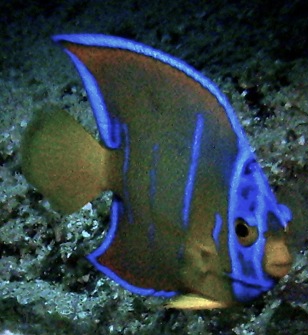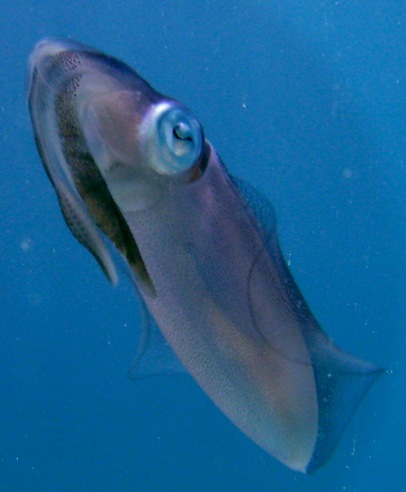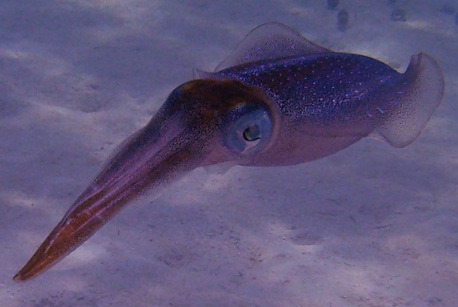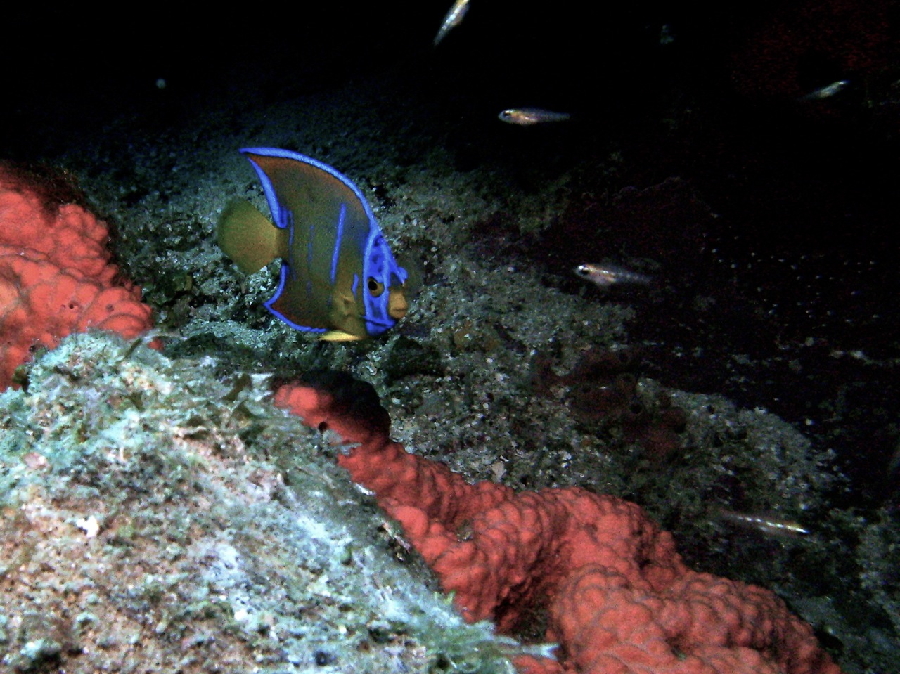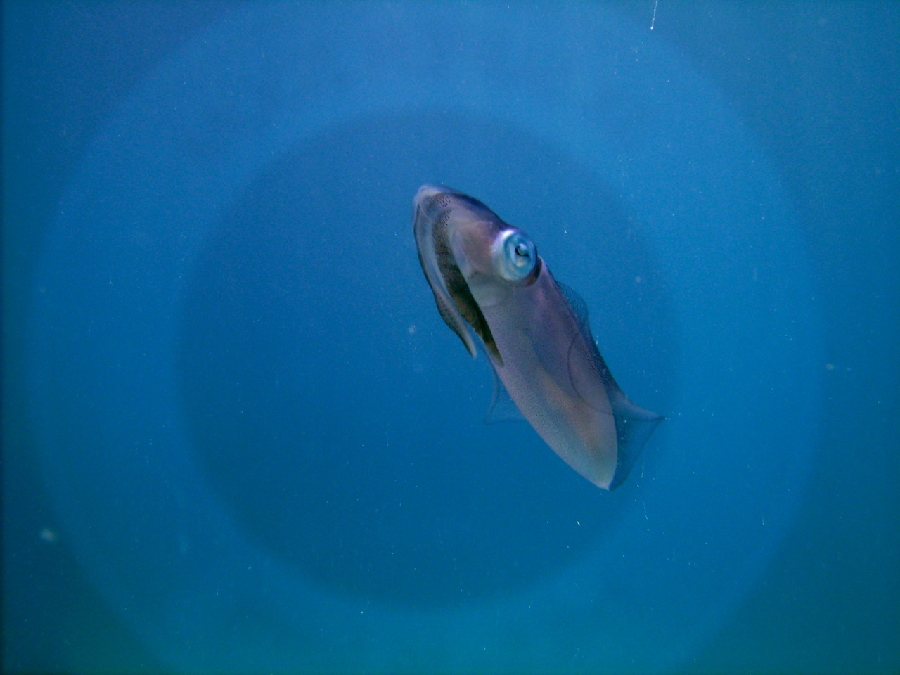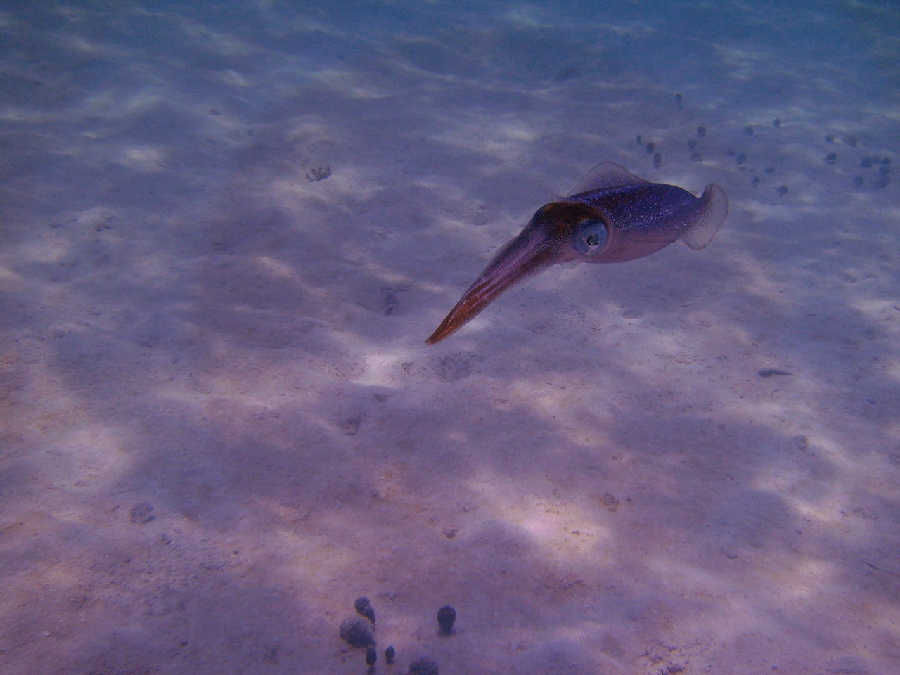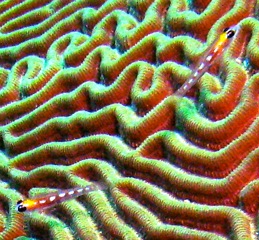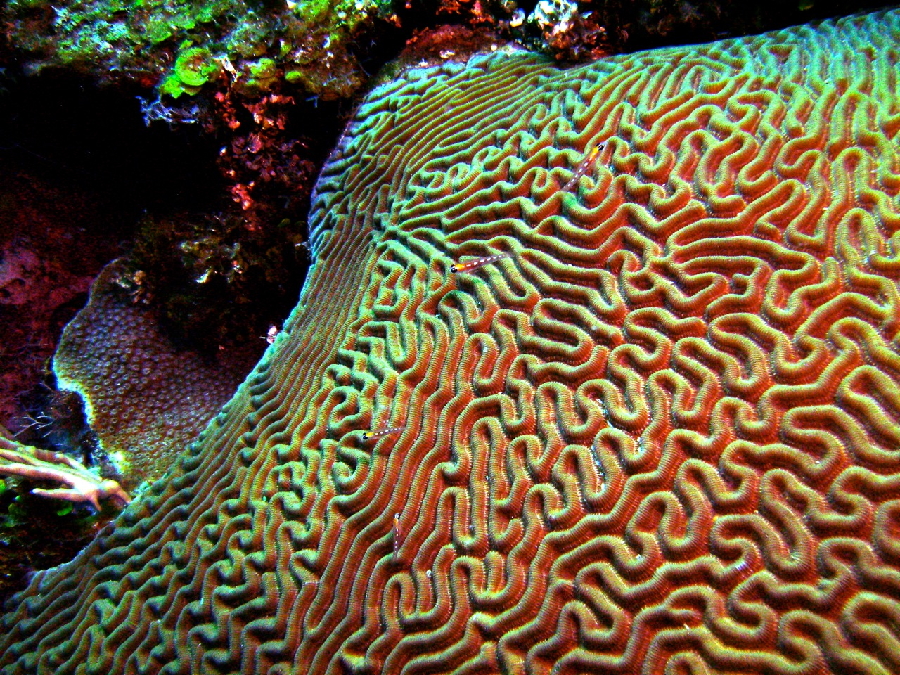
Jon from WSORC said he thought that next week would be better for Whalesharks.
Though he also told me that this year they couldn't find any earlier in the summer,
and the week before I came a scheduled "Whaleshark week"
with special activities planned around Whalesharks was a bust
as not one could be found.
How fortunate is it that the guy who runs the events
and tags Reef Sharks is my own dive buddy for a few days!?
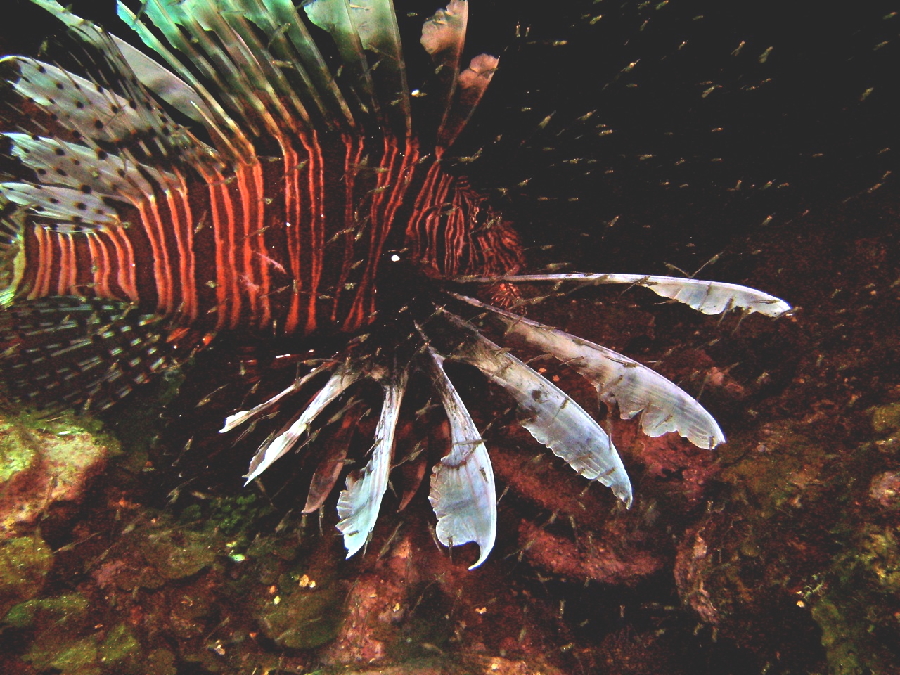
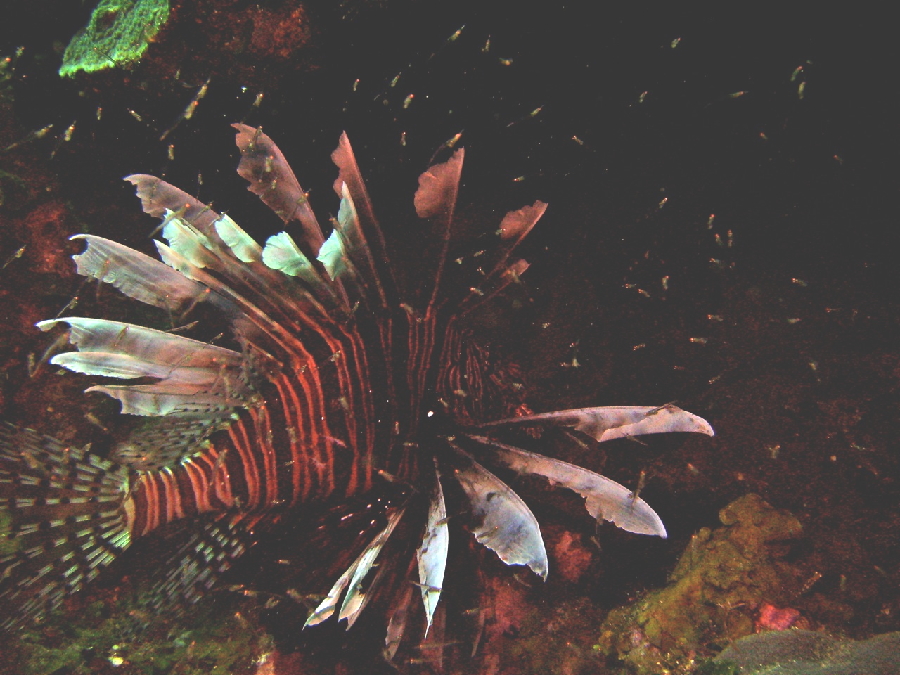
This is his story:
Jon Kenny
Director of Education
Marine Biologist
Jon was born and raised in Liverpool, England.
A PADI Master Scuba Diver Trainer himself,
Jon is also a trained commercial diver.
Mr. Kenny is a professional Marine Biologist
with over ten years experience working with
and studying basking sharks, the second largest fish
in the sea and another filter feeder fish
related to whale sharks, off the coast of the Isle of Man,
which was a hot spot for basking sharks.
He worked for the University of Liverpool
on the Isle of Man fisheries research group.
a scientific dive technician in charge of field research,
including dive and fishing surveys, protected area monitoring.
He has worked as a marine ecologist for an
environmental impact survey consultancy.
His work and interests have taken him
all around England. including Isle of Man,
the North Sea and English Channel.
Has been in Liverpool two years at the Liverpool World Museum
as an aquarist and educational project consultant.
He is an excellent communicator with lay and young audiences.
He is now on Utila to increase his expertise
in tropical fisheries and whale shark conservation.
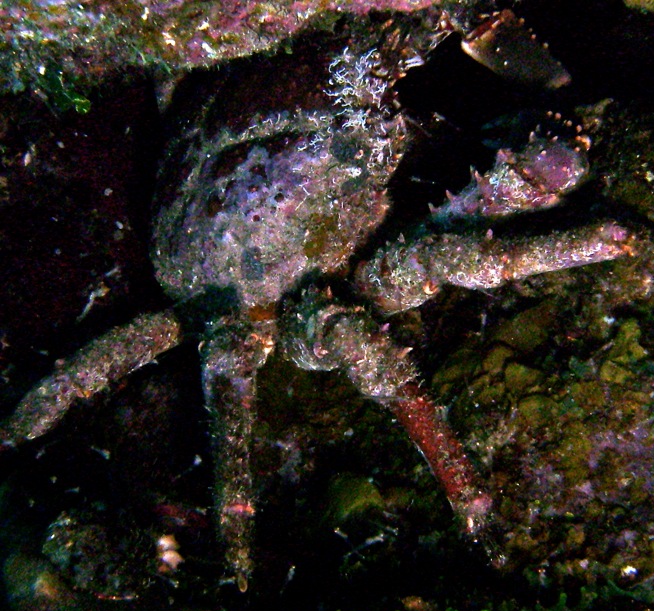
The Stone Crab, a Caribbean algae eater . . .
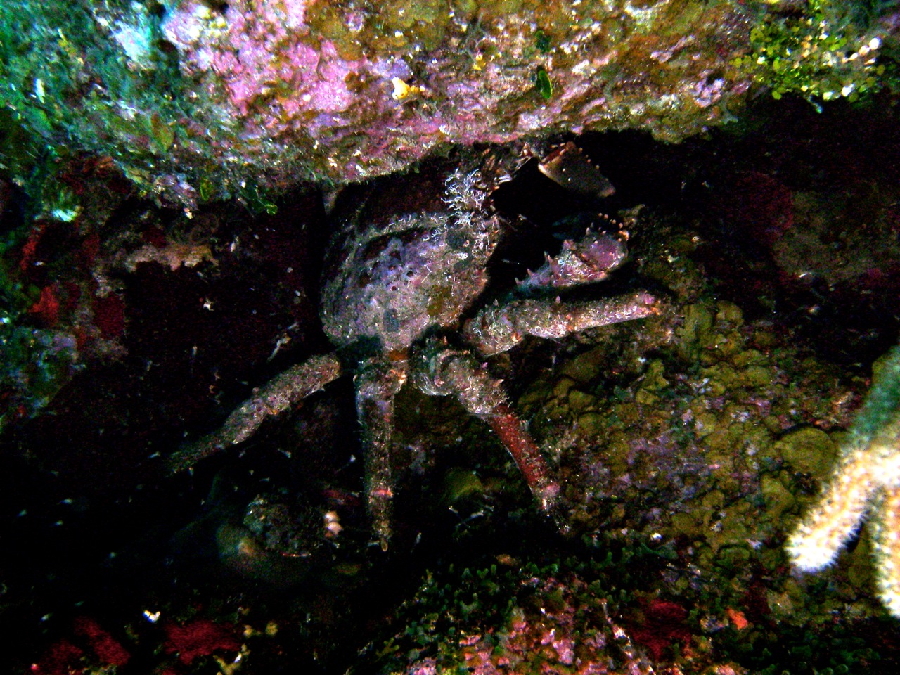
. . . can be up to 18" across
At this time no one knows why the Whalesharks
are so far off their normal schedule.
| 